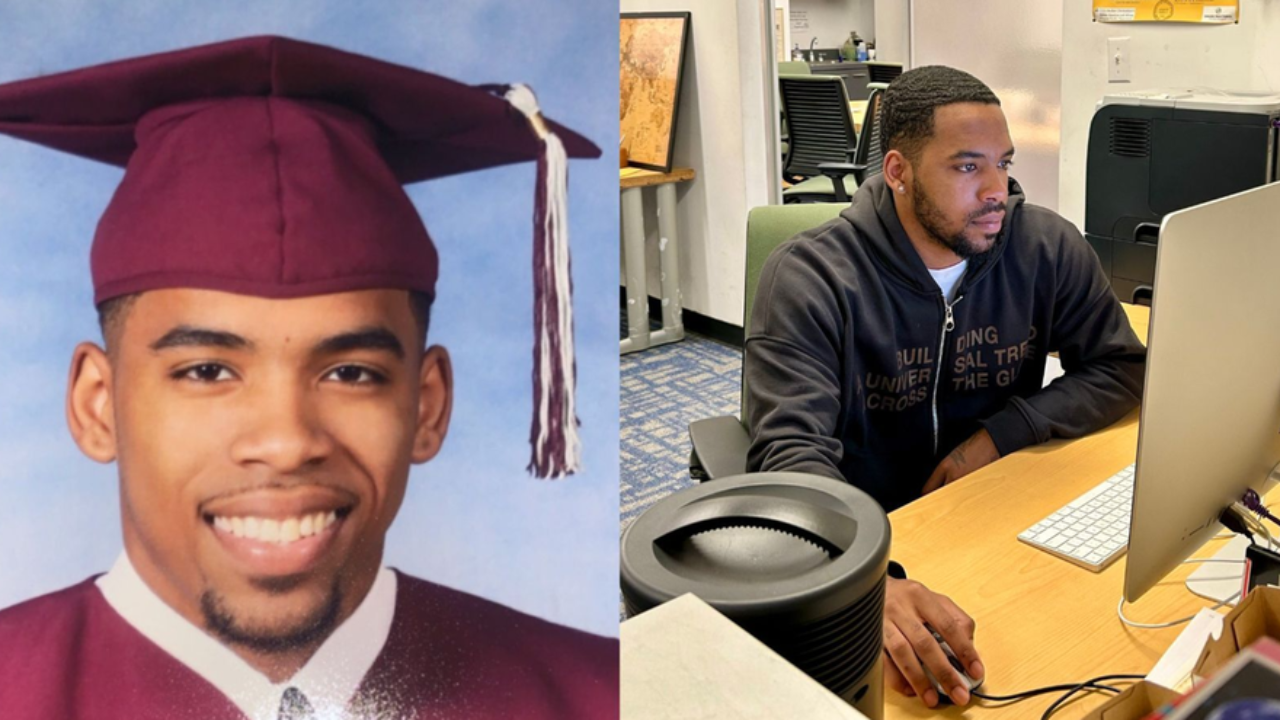Five years ago, the world watched in horror as George Floyd was killed by a police officer in Minneapolis.
This tragic event sparked global protests and deeply affected many, especially young people in New York City. For them, it wasn’t just news—it was a life-changing moment that shaped their views and futures.
Jason Bostic, then 18, saw the video on Facebook and immediately joined a protest in Midtown. Growing up in Bed-Stuy, he had already experienced over-policing. After Floyd’s death, he became involved in Project Restore Bed-Stuy, aiming to reduce violence and build community ties.
Now 23, Jason studies at Columbia University and works at the Center for Justice, hoping to teach about mass incarceration and support Black communities.
Isabella Mason was just 13 when Floyd died. Stuck at home during the pandemic, she turned to social media to understand the events unfolding. The constant exposure to violence was traumatizing, but it also ignited her passion for social justice.
Now a high school senior, she’s preparing to attend Northwestern University, determined to continue her advocacy despite concerns about the political climate on campuses.
Rainier Harris, 16 at the time, chose to process the tragedy through writing. He penned an essay for Gothamist, criticizing media’s focus on looting over the reasons behind the protests. This experience led him to pursue journalism, aiming to provide context and understanding to complex issues.
Having graduated from Columbia University, Rainier is committed to shedding light on systemic injustices through his reporting.
Mariah Morgan, then 15, wasn’t surprised by Floyd’s death—it reflected a long history of police violence against Black people. Active in school politics and advocacy, she pushed for changes like removing metal detectors from schools.
Now at Princeton University, Mariah continues her fight for justice, planning to become a human rights attorney to protect and empower marginalized communities.
These young New Yorkers transformed their grief into action, each finding their path to challenge systemic racism and advocate for change. Their stories highlight the enduring impact of George Floyd’s death and the ongoing struggle for justice and equality.






